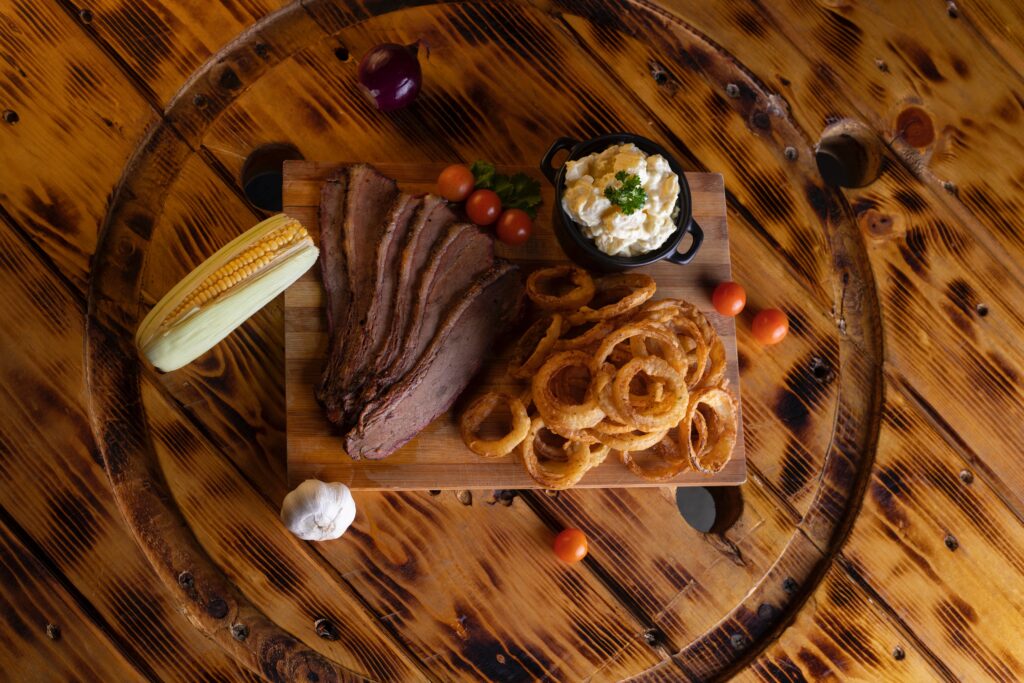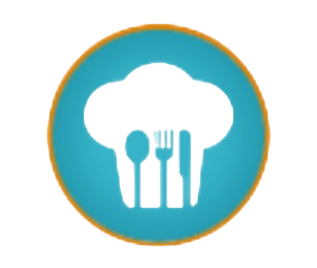Gaining Weight the Healthy Way – Diet and Workout Plan
Gaining Weight Diet
Gaining weight can be just as difficult for some people as losing weight. Whether it’s due to a fast metabolism, genetics, or an underlying medical condition, many people struggle to gain weight. However, with the right nutrition plan, weight gain can be achieved safely and healthily.
In this blog article, we discuss a comprehensive weight gain eating plan, including information on calorie intake, nutritious foods, meal planning, and the importance of physical activity.

Calories for Weight Gain
The first and most important aspect of any weight gain diet plan is calorie intake. To gain weight, you must consume more calories than your body burns. The number of calories you need to gain weight depends on your current weight, activity level, and goals. As a general guide, you should eat 500 to 1,000 extra calories per day to support weight gain. However, it is important to note that this amount can vary individually and it is best to consult a doctor.
Calculating your calorie needs for weight gain can be done using a BMR (basal metabolic rate) calculator that takes into account factors such as age, weight, height, and activity level. Once you’ve determined your BMR, you can add the extra calories required for weight gain to create your daily calorie goal.
In addition to increasing your calorie intake, it’s important to eat nutrient-dense foods that provide your body with the essential vitamins, minerals, and nutrients it needs to build muscle and support overall health.
Some nutrient-dense foods that are particularly beneficial for weight gain are:
Lean protein: chicken, turkey, fish, lean beef, eggs, and dairy.
Complex Carbohydrates: Whole grains, sweet potatoes, brown rice, and oatmeal.
Healthy Fats: Avocados, Nuts, Seeds, and Olive Oil.
Protein for Muscle Growth
Protein is an essential nutrient for muscle growth and repair, making it an important nutrient to focus on when trying to gain weight.
Getting enough protein is crucial for those looking to build muscle mass and strength.
When we exercise, especially when we lift weights, we create tiny tears in our muscle fibers. These tears are then repaired by the body, resulting in the growth of muscle tissue.
Protein is necessary for this repair process, and consuming enough protein can ensure that muscle tissue is repaired and strengthened. The recommended daily protein intake for muscle growth is 1 to 1.5 grams of protein per pound of body weight.
Many sources of protein can be included in a diet for muscle growth.
Animal protein sources such as chicken, turkey, fish, lean beef, eggs, and dairy are considered complete proteins because they contain all of the essential amino acids the body needs.
Plant-based protein sources such as beans, lentils, and soy products can also be good choices, but it’s important to get a variety of plant-based protein sources to get all the essential amino acids.

Healthy Fats for Hormone Balance
Healthy fats like avocados, nuts, seeds, and olive oil are important for maintaining hormone balance and supporting overall health. They are also an excellent source of energy and promote the feeling of satiety. Meal Planning for Weight Gain is an essential aspect of any eating plan and is especially important for weight gain.
To support weight gain, try eating 3-6 small meals throughout the day instead of 2-3 large meals. In this way, you keep your metabolism running and continuously supply your body with energy and nutrients. It’s also important to plan your meals ahead of time to ensure you’re getting the right balance of nutrients and calories. This can help prevent over- or under-eating and make it easier to stick to your eating plan.
Snack Ideas for Weight Gain
Snacks can play an important role in a weight gain diet plan. They can provide an easy and convenient way to increase calorie intake and support weight gain. However, not all snacks are created equal. Choosing the right snacks can help ensure you eat nutrient-dense foods that support muscle growth and overall health. When choosing snacks for weight gain, it’s important to focus on nutrient-dense foods that provide a balance of protein, carbohydrates, and healthy fats.
These types of snacks help you feel full and satisfied while giving your body the energy and nutrients it needs to build muscle and maintain overall health.
Here are some healthy and tasty weight-gain snack ideas:
Greek Yogurt with Berries and Honey
Greek yogurt is a great source of protein and healthy fat, while berries are a good source of carbs. The honey adds a touch of natural sweetness and helps balance the flavors.
A handful of almonds or other nuts
Nuts are a great source of healthy fats, protein, and carbohydrates. They are also convenient to take with you and can be eaten on the go.
A banana with peanut butter
Bananas are a good source of carbohydrates and potassium, while peanut butter provides protein and healthy fats. This snack is an excellent option for post-workout recovery.
A shake made with Greek yogurt, frozen berries, and protein powder
This shake offers a balance of protein, carbohydrates, and healthy fats, making it an ideal weight-gain snack.
Egg with a Slice of Wholemeal Toast
This snack offers a balanced mix of protein, carbohydrates, and healthy fats. It’s also a great option for traveling.
Physical Activity for Weight Gain
Physical activity is an important aspect of any weight gain plan. While diet is the most important factor in weight gain, regular exercise can help build muscle mass and boost metabolism. Strength training exercises such as weight lifting and resistance training are particularly beneficial for weight gain as they help build muscle.
It’s also important to include cardiovascular exercises like running or cycling to improve cardiovascular health and overall fitness. Design a plan that meets your specific needs and goals, addresses any underlying medical conditions, and guides how to gain weight safely and healthily.
Conclusion
Gaining weight can be a challenging task, but it’s not impossible. With the right eating plan, nutrient-dense foods, regular physical activity, and the guidance of a health professional or a licensed nutritionist, you can achieve your weight gain effectively. Remember to be patient and stick to your plan consistently, regularly reassessing your calorie needs as your weight and muscle mass change.
Crash diets and extreme calorie restrictions should be avoided as they can damage your body over time. A healthy diet and exercise plan to gain weight must be sustainable over the long term. This includes high-calorie foods, nutrient-dense foods, and regular physical activity, as well as guidance from a doctor or licensed nutritionist.
Thanks for reading our gaining weight diet guide.

Get Free Notion Templates, Recipies, and Ebook! If you love what we do, fuel our work with a coffee!
Note: This article includes affiliate links. Your support is valued and comes at no additional expense to you.
Crypto Donation – 94TQXX1ENtkXgVmNwQNPzW2HKXXPYhHdzPRPkvtkMVgf
